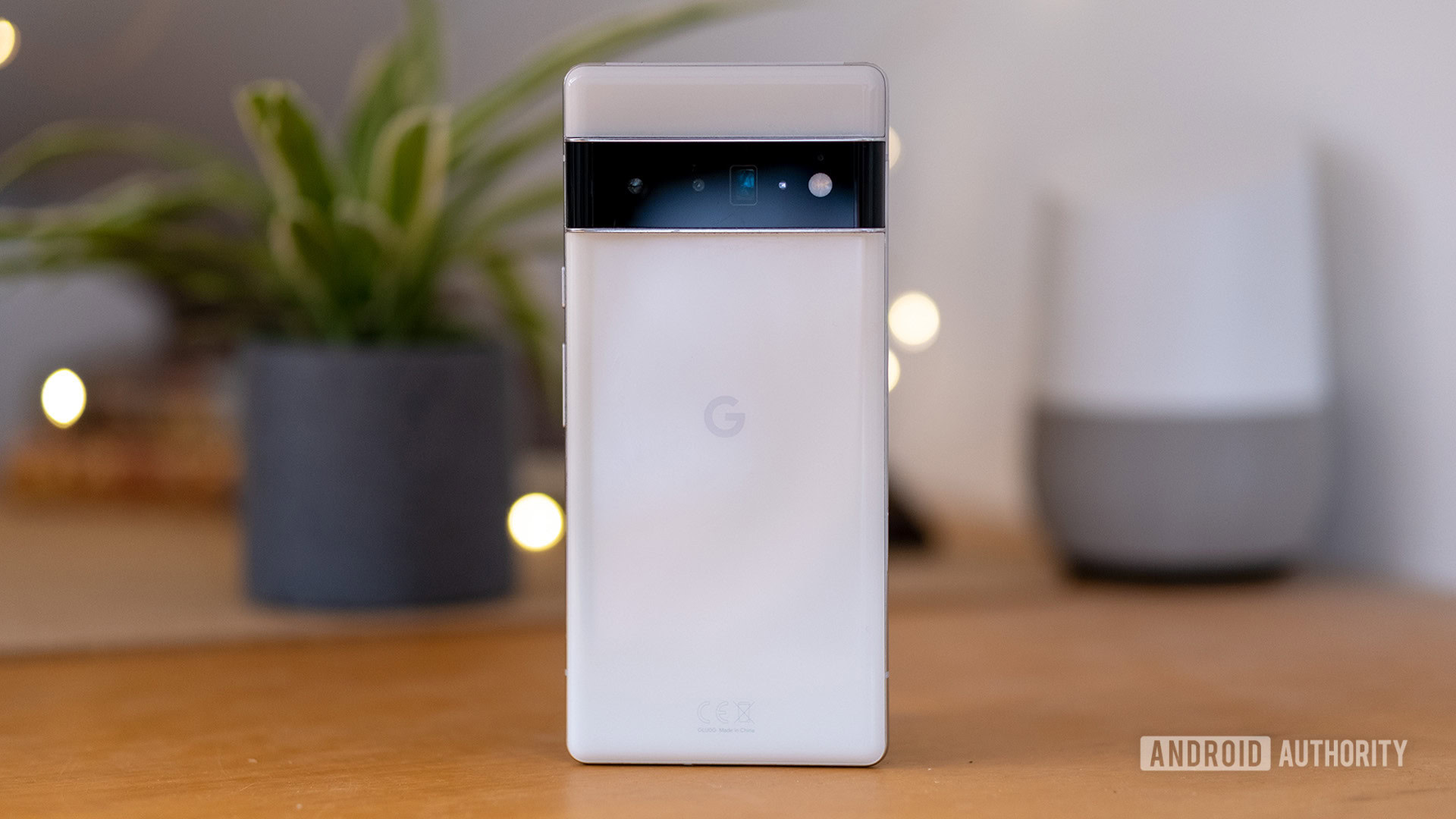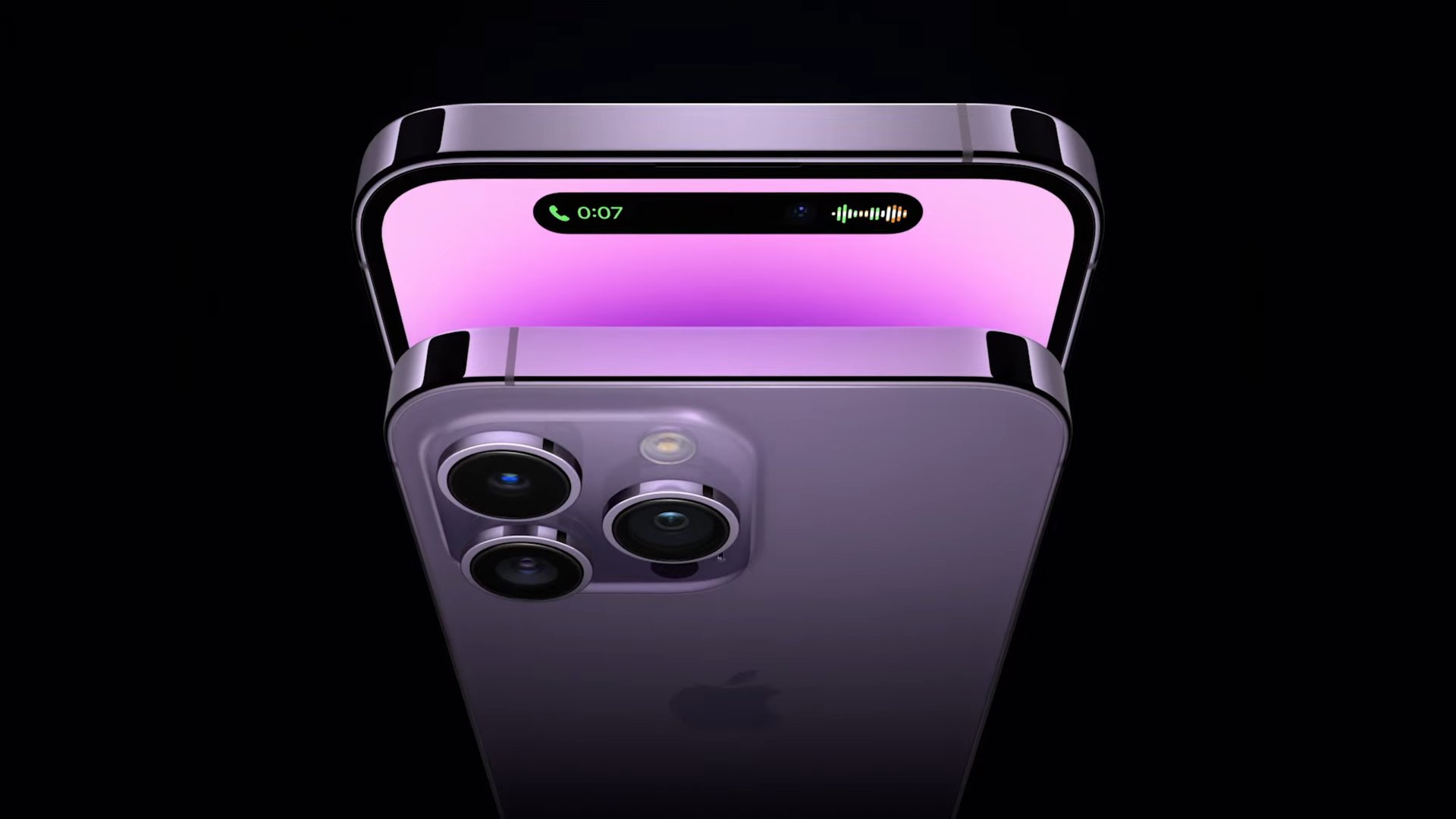Affiliate links on Android Authority may earn us a commission. Learn more.
You should probably wait before buying the Pixel 7
Published onOctober 5, 2022
Google is getting ready to fully reveal the Pixel 7 series this week, and we’re expecting more of what made the Pixel 6 series so great. So that means great cameras, handy AI-powered features, and a well-rounded spec sheet.
However, no matter how great the devices look on launch day, you should probably wait a bit before buying Google’s latest phones.
A history of launch problems

Google’s phones have had a history of issues at launch, with the Pixel 6 series being the most recent example of this. The Pixel phones launched with extremely slow and inaccurate in-display fingerprint sensors, for starters. But this wasn’t the only Pixel 6 problem on day one.
The Pixel 6 range also had bugs which saw calls automatically being declined, Wi-Fi randomly shutting off, and the refresh rate being stuck at 60Hz. Most of these have been fixed via subsequent firmware updates, but we still have persistent problems like the overheating Tensor chipset and wireless connectivity being horrible after all this time.
The Pixel 6 line had many problems at launch. Previous Pixel releases weren't without woes, either.
Earlier Pixel phones weren’t immune to issues too. Highlights include the on-device sensors on some Pixel 5 devices not working, the screen switching to 60Hz when below 75% brightness on Pixel 4 series phones (as well as the standard Pixel 4’s crappy battery life), and the camera app occasionally not saving photos on the Pixel 3 series. This was in addition to battery swelling on some Pixel 3 and Pixel 4 models. However, most of these problems pale in comparison to the issues that faced the Pixel 6 series.
Needless to say, you should probably wait a bit before hopping aboard the Pixel 7 train. This will give you time to check out real-world reviews and will allow Google to roll out system updates that address inevitable problems. Waiting also has the potential side-effect of getting a cheaper device, particularly with Black Friday coming in a few weeks after the Pixel 7 series reveal.
In saying so, Google isn’t alone when it comes to serious problems at launch.
Not just a Google problem

The most recent high-profile example of launch window issues was Apple’s flagship. People who bought the new handsets at launch discovered that the main cameras on the iPhone 14 Pro and Pro Max would shake and make a disturbing rattling noise when using the camera in third-party apps. Apple has since confirmed the issue and pushed out a firmware update to address the problem.
Android OEMs have seen their fair share of issues too. Most recently, some Galaxy S22 series models (namely Exynos variants) suffered from no GPS signal, making it virtually impossible to effectively use apps like Google Maps and Waze. A few Galaxy Z Flip 3 owners also reported that their foldable screens were cracking for no apparent reason. Of course, we also don’t have to remind users of Samsung launch defects like the Galaxy Fold’s screen breaking and the Note 7 catching fire.
Google isn't alone when it comes to launch window problems, but the Pixel 6 series arguably set a new (bad) standard.
Moving away from Samsung, we’ve also seen some OnePlus 8 Pro units suffer from “black crush” display issues at launch, as well as various Xiaomi devices suffering from extremely buggy software in the first few months after their releases.
The Pixel 6 series nevertheless represents perhaps the nadir of launch window issues on Android. So we’d caution against buying or preordering the Pixel 7 series at launch until the extent of these bugs is clear. After all, the last thing you want is a smartphone that struggles with cellular and Wi-Fi connections.
Do you wait before buying a new phone?
Then again, Google has a habit of offering some enticing preorder bonuses for its Pixel phones in Europe. For example, the Pixel 5 came with a pair of Bose QuietComfort 35 II headphones valued at $350. The Pixel 6 series also came with Bose NC700 headphones worth $400. So we wouldn’t blame you if you wanted to take advantage of the inevitable offers.
The Pixel 7 range also seems like an iterative upgrade rather than a totally new device line, and this isn’t a bad thing at all. An evolutionary approach means Google can focus on polishing things ahead of launch, but this is far from guaranteed. What is guaranteed, however, is that reviewers and other users will discover most of the serious bugs if you choose to wait it out.